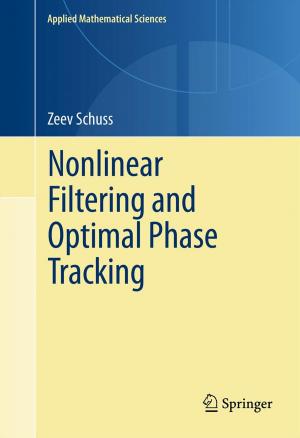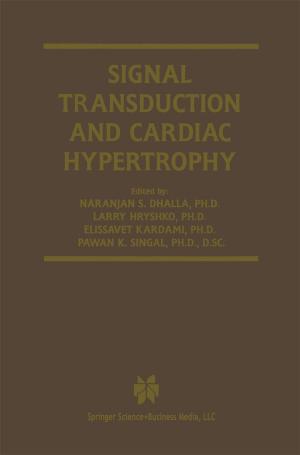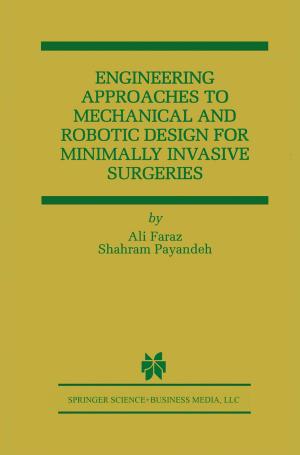Design of Artificial Human Joints & Organs
Nonfiction, Science & Nature, Technology, Material Science, Engineering, Health & Well Being, Medical| Author: | Subrata Pal | ISBN: | 9781461462552 |
| Publisher: | Springer US | Publication: | August 31, 2013 |
| Imprint: | Springer | Language: | English |
| Author: | Subrata Pal |
| ISBN: | 9781461462552 |
| Publisher: | Springer US |
| Publication: | August 31, 2013 |
| Imprint: | Springer |
| Language: | English |
Design of Artificial Human Joints & Organs is intended to present the basics of the normal systems and how, due to aging, diseases or trauma, body parts may need to be replaced with manmade materials. The movement of the body generates forces in various work situations and also internally at various joints, muscles and ligaments. It is essential to figure out the forces, moments, pressure etc to design replacements that manage these stresses without breaking down. The mechanical characterization of the hard and the soft tissues are presented systematically using the principles of solid mechanics. The viscoelastic properties of the tissue will also discussed. This text covers the design science and methodology from concept to blueprint to the final component being replaced. Each chapter will be a brief overview of various joint/organ replacement systems.
Engineers working on artificial joints and organs, as well as students of Mechanical Engineering and Biomedical Engineering are the main intended audience, however, the pedagogy is simple enough for those who are learning the subject for the first time.
Design of Artificial Human Joints & Organs is intended to present the basics of the normal systems and how, due to aging, diseases or trauma, body parts may need to be replaced with manmade materials. The movement of the body generates forces in various work situations and also internally at various joints, muscles and ligaments. It is essential to figure out the forces, moments, pressure etc to design replacements that manage these stresses without breaking down. The mechanical characterization of the hard and the soft tissues are presented systematically using the principles of solid mechanics. The viscoelastic properties of the tissue will also discussed. This text covers the design science and methodology from concept to blueprint to the final component being replaced. Each chapter will be a brief overview of various joint/organ replacement systems.
Engineers working on artificial joints and organs, as well as students of Mechanical Engineering and Biomedical Engineering are the main intended audience, however, the pedagogy is simple enough for those who are learning the subject for the first time.















